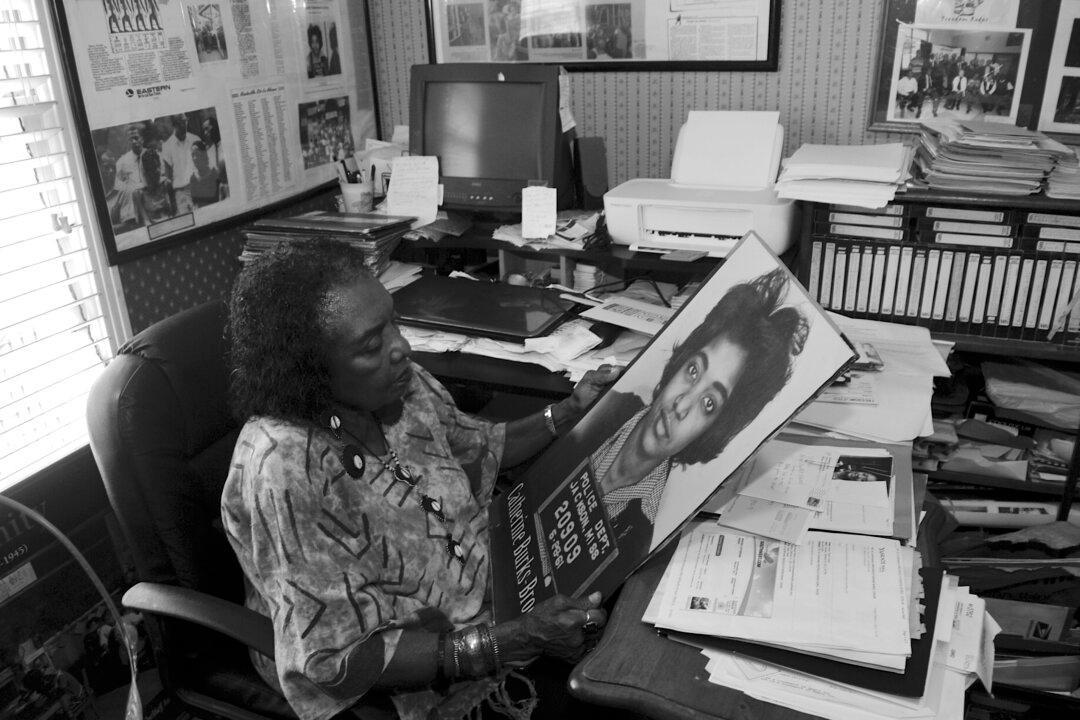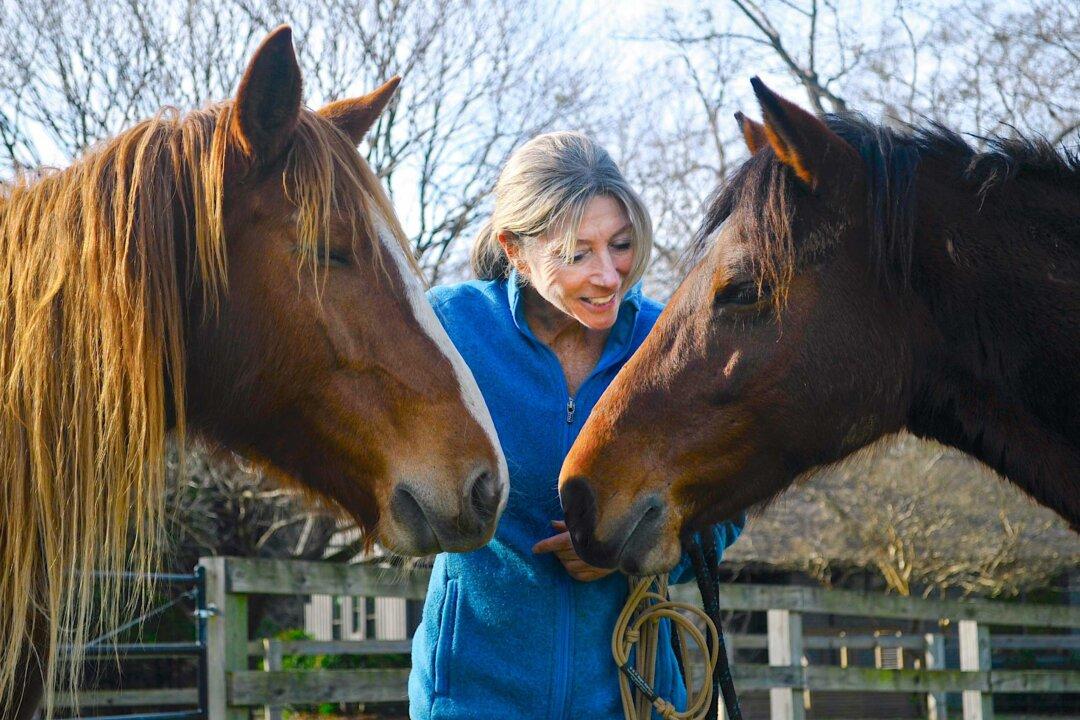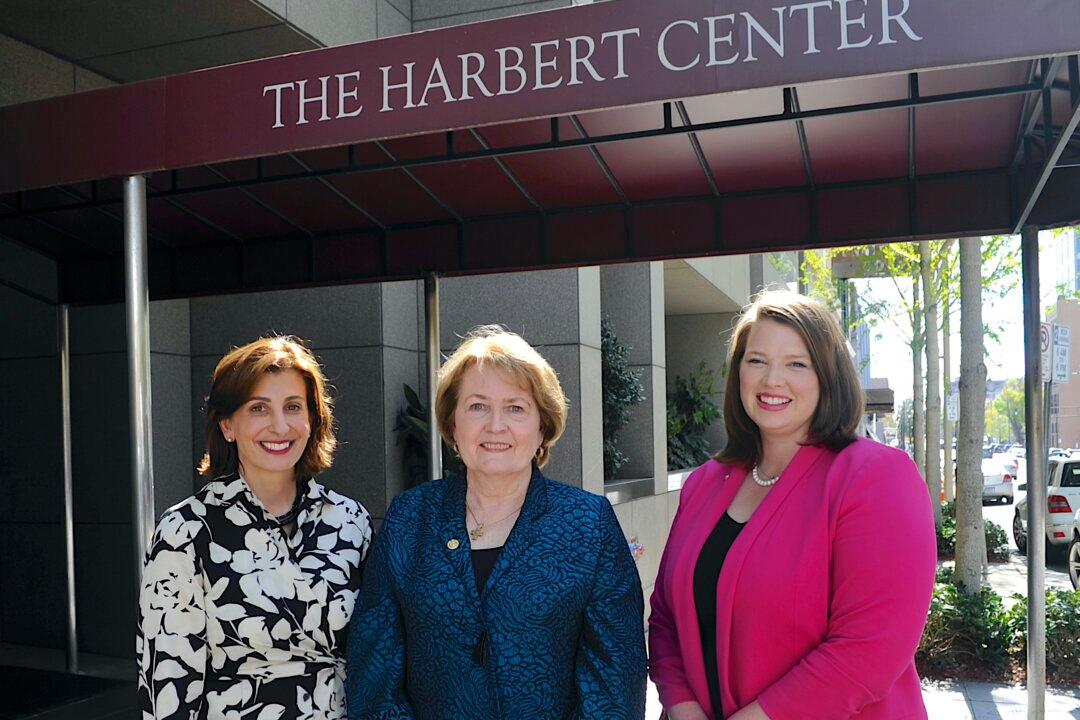Freedom Rider Catherine Burks-Brooks held onto her wooden cane while sitting on the couch at her Birmingham home. The cane looks like it’s been through a history like hers. She is a striking woman with big eyes and a bigger smile, and her wrinkled but graceful fingers are loaded with big silver rings, each telling a once-upon-a-time tale. Her gaze is sharp, and her speech determined. Catherine may be 82, but she might as well be ageless.
The life of Catherine could be summarized with two words: hope and reconciliation. She has held onto those qualities ever since spending a youthful year riding a bus across the Southern states to protest segregated transportation laws.





